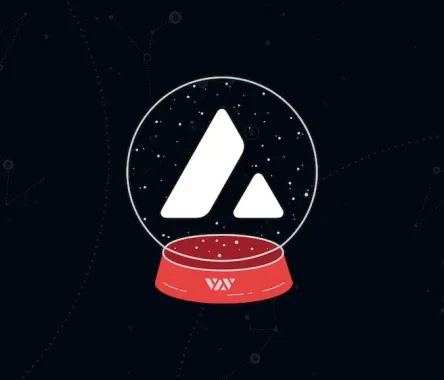Aug 21, 2023 Alexander Chelpanov
How OpenSea's Decision on Royalties Could Reshape the NFT Landscape
In a rapidly evolving market like non-fungible tokens (NFTs), questions around creators’ royalties have grown louder, sparking debates within the NFT community. OpenSea, a leading marketplace in the NFT space, has recently found itself at the eye of this storm, navigating the choppy waters of NFT royalty enforcement with a series of controversial decisions.
OpenSea's On-Chain Royalty Enforcement Tool
Last November, OpenSea took the NFT world by storm with the announcement of its on-chain royalty enforcement tool. CEO Devin Finzer explained that the tool was a "simple code snippet" that allowed creators to enforce royalties directly via the blockchain. This was especially important in an ecosystem where voluntary creator fee payments had declined to less than 20% in some platforms. The tool essentially prevented NFT sales on platforms that didn't honor creator royalties, giving much-needed financial protection to artists.
Community Reactions
Reactions were mixed. While some lauded the decision, like Wab.eth, founder of the Sappy Seals NFT collection, who appreciated OpenSea's approach, others felt the platform left many questions unanswered. Betty, one of the creators of the Deadfellaz NFT collection, noted that the details around existing collections and artist's royalties were not clearly communicated.
The Operator Filter Sunsets
Less than a year later, in August 2023, OpenSea has decided to sunset its Operator Filter feature, citing its ineffectiveness and the bypassing measures taken by other NFT marketplaces like Blur, Dew, and LooksRare. Finzer admitted that the tool had not garnered the ecosystem support they had hoped for. Moreover, some creators felt that the tool limited their control over where their collections could be sold.
The Cuban Critique
Mark Cuban, U.S. billionaire and an investor in OpenSea, sharply criticized the move. In his opinion, the transition to an optional royalty model would "kill future NFT applications that go beyond collectibles." With the current state of the NFT market still fluctuating, the repercussions of this decision could be far-reaching for both OpenSea and the broader NFT community.
Not collecting and paying royalties on NFT sales is a HUGE mistake by @opensea. It diminished trust in the platform and hurts the industry. And I say this as an @opensea investor @DevinFinzer
— Mark Cuban (@mcuban) August 18, 2023
Financial Impact on Artists
Arguably, the most significantly affected are the NFT creators, who saw OpenSea’s on-chain tool as a way to secure passive income. The decision to disable the Operator Filter has been perceived as a potential blow for artists relying on royalties.
The Road Ahead
According to Finzer, the roadmap for OpenSea is now focused on powering new use cases, like digital and physical redeemables. While the Operator Filter will no longer block any marketplaces starting from August 31, existing collections on non-Ethereum blockchains will still have enforced creator fees up to February 2024.
OpenSea's back-and-forth on NFT royalties underscores the complexities and challenges of creating a fair ecosystem in a rapidly evolving market. While the move to disable the Operator Filter seems like a step back for creator royalties, it also opens the door to a variety of other revenue streams and use-cases that could reshape the landscape of NFT monetization. Only time will tell how these changes will influence the future of NFTs, but one thing is clear: the debate is far from over.



